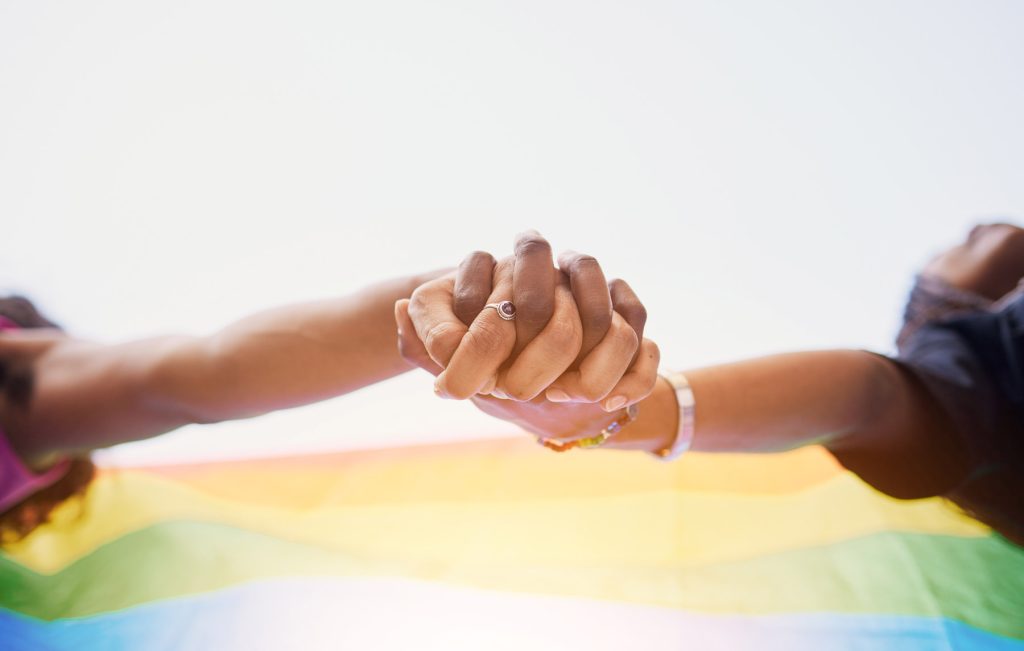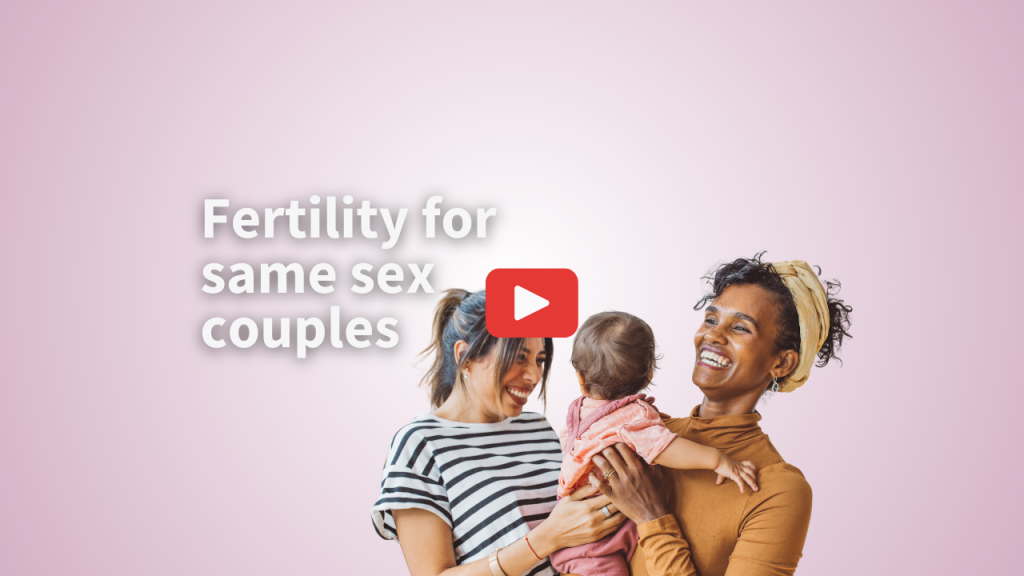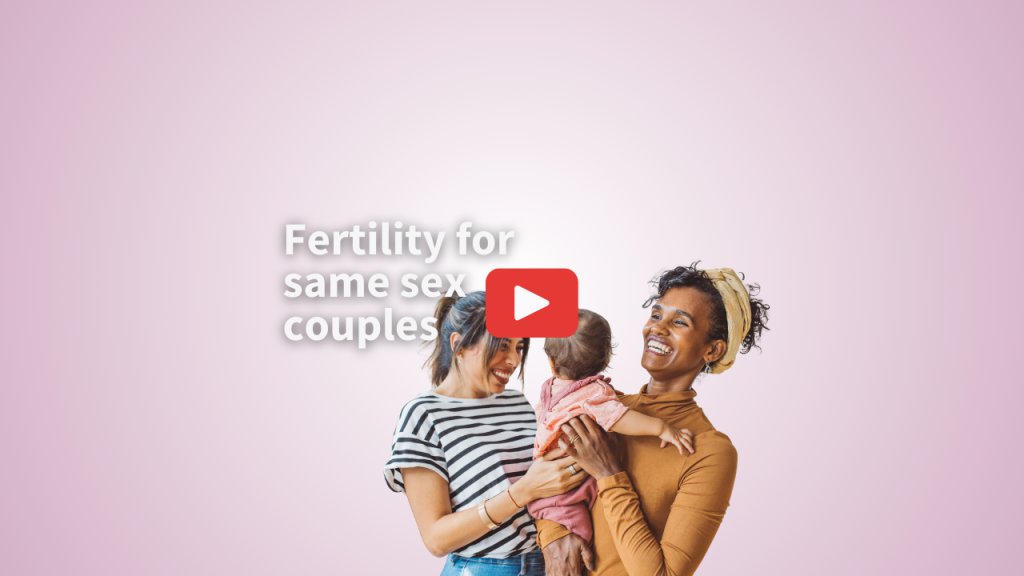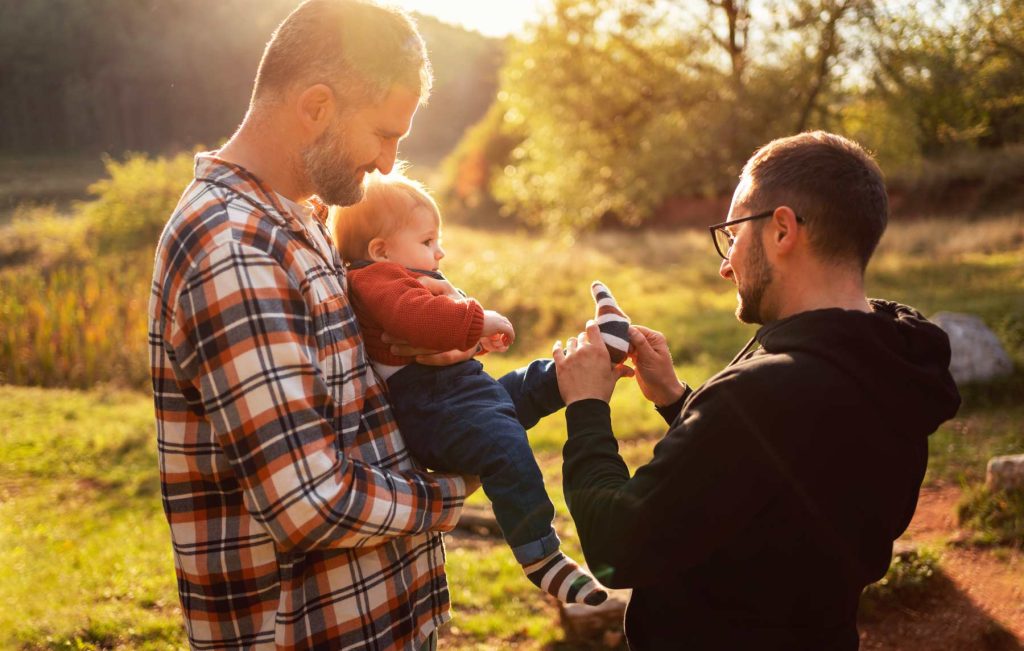- About
Our consultants
Meet our experienced team of consultantsSupport team
Meet our support team working alongside our doctors to deliver the very best careOur clinic
Discover more about The Fertility & Gynaecology Academy
- Patient journey
I am a...
Learn about the services relevant to your fertility journeyThe journey...
Learn about what's involved in fertility treatment
- Fertility tests
Packages
Fertility testing packages to take the hassle out of investigations
More screening options
Find out about our additional screening options - Treatments
Getting pregnant
Fertility treatments to help you achieve your dream
Add-on treatments
Learn about add-on fertility treatments
Supporting treatments
Additional services to support you on your fertility journey - Success rates
- Knowledge hub
Watch, read, and learn
Expand your knowledge on all aspects of fertility - Pricing
Financing fertility treatment
Honest and transparent pricing for peace of mind
No two patients have the exact same treatment but here we have provided an example patient journey to help illustrate what a straight-forward IVF cycle might look like cost-wise.
- Contact
Same sex couples
Whatever your gender or sexuality, we at The Fertility & Gynaecology Academy offer all our patients the chance to have children.
We know that every family is different and has its own distinct needs. But also that same sex couples can face additional obstacles in their journey towards parenthood.

Whatever your gender or sexuality, we at The Fertility & Gynaecology Academy offer all our patients the chance to have children.
We know that every family is different and has its own distinct needs. But also that same sex couples can face additional obstacles in their journey towards parenthood.
We work with a broad range of families, offering inclusive and sensitive fertility treatment for same sex couples.


Supporting LGBT+ parenthood
In the UK, the number of LGBT+ receiving fertility treatments is rising swiftly, with more and more couples taking steps to have children.
Dr Gorgy, Fertility Consultant at The Fertility & Gynaecology Academy explains: “Whether you know your donor, or a clinic offers you helpful links (as we do for our patients), opting for insemination through a clinic is far safer. The sperm will always be checked for infections, and the family history of the donor will be combed through in case of any genetic diseases. This is why the HFEA (the organisation that regulates fertility treatments in the UK) advises against DIY insemination, recommending clinic insemination instead.”
Options for female same sex couples
Female same-sex couples* will generally conceive in one of two ways:
- Intrauterine Insemination (IUI), which is often referred to as ‘artificial insemination’. Sometimes a woman will undergo ovulation induction first
- In-Vitro Fertilisation (IVF)
Either way, a sperm donation is required.
Some lesbian couples may choose shared motherhood (reciprocal IVF). This is where one partner undergoes stimulation and egg collection, and the other carries the fertilised embryo. This gives both mothers a chance to have a biological connection to the pregnancy.
* In the interests of medical clarity, we use ‘male/female’ and associated pronouns to refer to reproductive capabilities, realising of course that gender identification and expression can vary.


Options for male same sex couples
Biological fatherhood is possible through IVF, IUI, or ICSI. For male same-sex couples*, having a baby requires finding a woman prepared to carry the baby to term, either through surrogacy or a co-parenting arrangement. Within this process, you can use the eggs of the surrogate (partial surrogacy) or co-parent herself, or donated eggs (full surrogacy).
Sometimes gay couples seek a surrogate through friends or family, finding it helpful to conduct such a complex, intimate process with someone they already know and trust.
While The Fertility & Gynaecology Academy are not involved in recruiting surrogates (indeed legally no fertility clinic can), we do offer surrogacy treatment.
View success rates
Get in touch today
The Fertility & Gynaecology Academy also offers a range of treatments for all people wishing to become a parents.
We are committed to being there for you every step of the way. Call us now on 020 7224 1880 to find out more or book a consultation.


